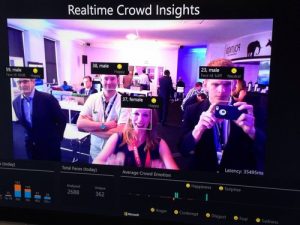Google hasn’t stopped reading your e-mails
If you’re a Gmail user, your messages and emails likely aren’t as private as you’d think. Google reads each and every one (even if you definitely don’t), scanning your painfully long email chains and vacation responders in order to collect more data on you. Google uses the data gleaned from your messages in order to inform a whole host of other products and services, NBC News reported Thursday.
Though Google announced that it would stop using consumer Gmail content for ad personalization last July, the language permitting it to do so is still included in its current privacy policy, and it without a doubt still scans users emails for other purposes. Aaron Stein, a Google spokesperson, told NBC that Google also automatically extracts keyword data from users’ Gmail accounts, which is then fed into machine learning programs and other products within the Google family. Stein told NBC that Google also “may analyze [email] content to customize search results, better detect spam and malware,” a practice the company first announced back in 2012.
“We collect information about the services that you use and how you use them…” says Google’s privacy policy. “This includes information like your usage data and preferences, Gmail messages, G+ profile, photos, videos, browsing history, map searches, docs, or other Google-hosted content. Our automated systems analyze this information as it is sent and received and when it is stored.”
While Google doesn’t sell this information to third parties, has used it to power its own advertising network and inform search results, among other things. And this is far from a closely guarded secret. The company has included disclosures relating to these practices in its privacy policy since at least 2012: “When you share information with us, for example by creating a Google Account, we can make those services even better – to show you more relevant search results and ads…,” says Google’s March 2012 privacy policy.









